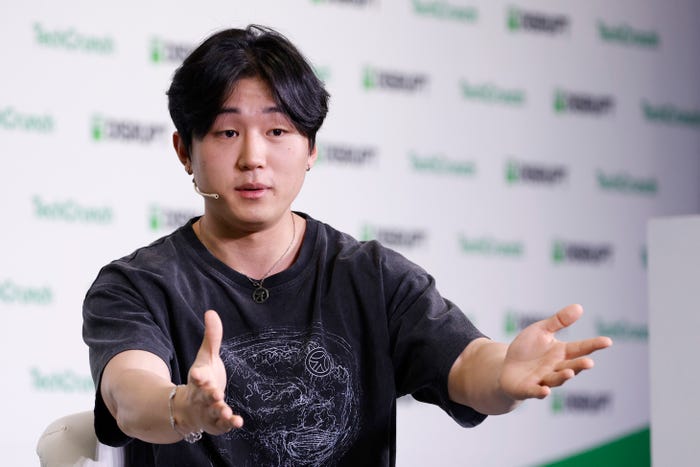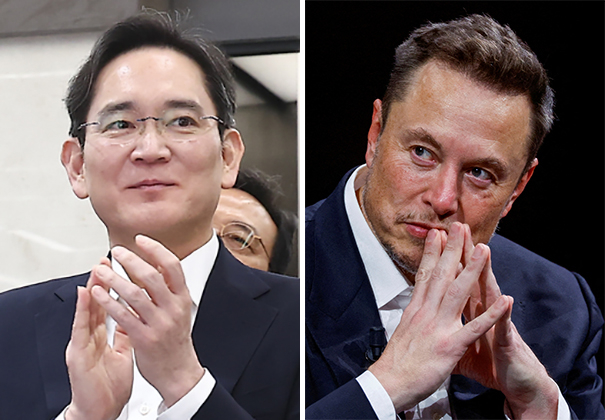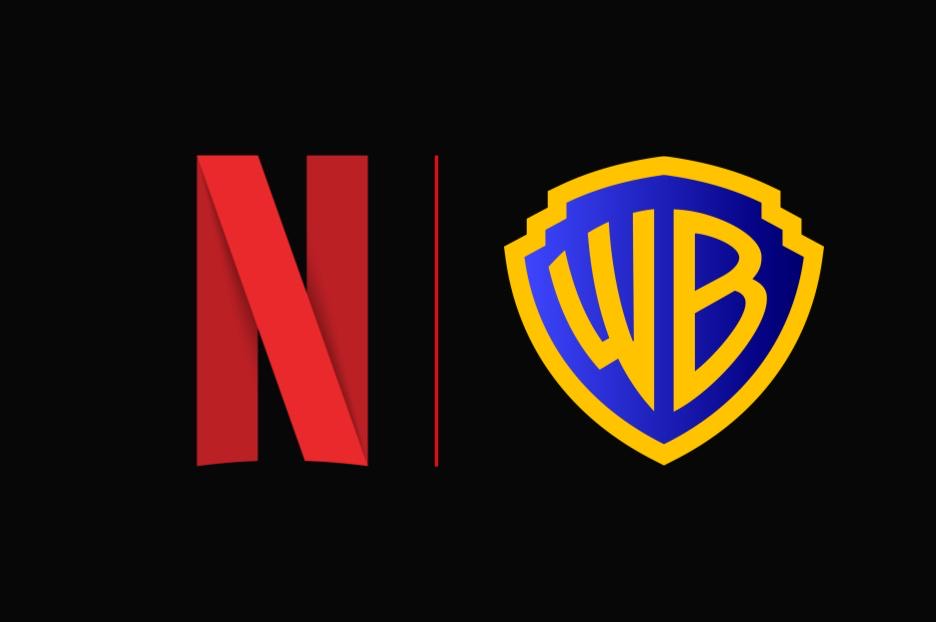Chungin “Roy” Lee, cofounder of AI app Cluely, says most startups fail not from weak products but from poor visibility and lack of viral reach.
Co-founder and CEO of Cluely, an AI app once dubbed a “cheating tool” for job interviews, says most tech startups fail not because their products are bad but because their creators don’t know how to get noticed.
Speaking at “TechCrunch Disrupt 2025” on Wednesday October 29, 2025, Chungin “Roy” Lee argued that engineers, while skilled at building technology, often struggle to make content that resonates online. “Engineers just cannot make good content,” he said. “Every startup needs to focus more on distribution. Most startups flop because they fail to get seen — even if they have product-market fit.”
Cluely, which launched earlier this year, went viral after posting a humorous video of Lee using the app on a date. The startup initially attracted controversy for advertising itself as a way for software engineers to “cheat” in job interviews. It has since removed that language from its website, repositioning itself as an “undetectable” AI assistant that views users’ screens and provides real-time answers.
The San Francisco-based company raised $15 million in June in a funding round led by venture capital firm Andreessen Horowitz. Lee said the company is now focused on turning social media virility into growth, describing its strategy as “betting big on distribution.”
Read Also: OpenAI: 7.5% VAT On ChatGPT Plus Services, Begins In Nigeria
“There are only two roles here,” he said on the Sorcery podcast earlier this year. “You’re either building the product or you’re making it go viral.” He added that everyone at Cluely — from engineers to designers — is expected to maintain a strong personal following online.
Lee rejected claims that his team relies on controversy to gain attention. “I don’t even think I rage-bait,” he told TechCrunch. “I’m honest and authentic. It’s probably just my personality.”
He also emphasized that modern audiences reward bold, unfiltered content over corporate polish. “Reputation is sort of a thing of the past,” he said. “Founders need to be extreme, authentic, and personal — that’s what wins on the internet today.”
Cluely’s unconventional culture extends to its hiring strategy. In a recent LinkedIn post, Lee offered engineers base salaries of up to $1 million and designers up to $350,000, emphasizing that credentials mattered less than ability. “I only care about how good your work is,” he wrote. “Please be world-class.”
With its viral ambitions and unapologetically brash leadership, Cluely is betting that attention — not algorithms — may be the ultimate driver of success in the AI era.










